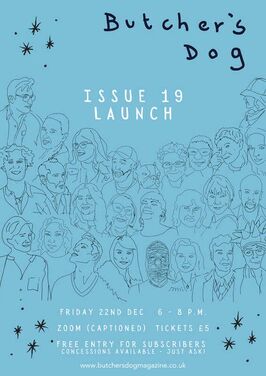
I read it avidly as our house was full of the latest collections from Australian publishers, thanks to my father’s job as a journalist involving reviewing. Even as a teenager I would read a volume a day, dreaming of cracking the code that would allow me into the ranks of these gods who, on reading their biographies, seemed to be mostly the kind of people who surrounded us in 1960s and 70s suburban Sydney. Australia was a more egalitarian place than it is now.
Something happened with the election of the first Labor government for 22 years and, all of a sudden, Australian arts in all forms blossomed, beginning the plethora of opportunities that continue, despite the right wing tendency to see profit over service and ideas, to this day.
I started on police rounds but ended up in a range of settings—pop music, politics and some theatre reviewing—as well as postings to Melbourne and to national parliament in Canberra. Between the calls of work and hangovers, I burned the late night creative candle and maintained a steady output of poetry, prose and drama. Much of it, no doubt, was rubbish but—and here is the change—you were able to send it to editors and producers and they would respond. Sometimes it was with encouragement, but more often than not, especially in poetry, it was with the standard rejection note.
When I lived in Melbourne in what my journalistic colleagues used to misname a commune, I would send off poems and when each of these slips of paper arrived I would stick them onto the kitchen wall beneath a large poster of Brigitte Bardot folding her arms across her otherwise assumed naked chest. When I was recalled to Sydney by my newspaper, my housemates gathered them up and posted them on to me, with a note along the lines of their knowing how important such tokens of rejection were to my psyche.
The odd piece made it into print, usually in small, fringe journals, all of them now defunct. One, probably one of the worst pieces of tosh I have written, certainly in published form, was titled ‘2AM Destination’ and made into the second and final edition of a Melbourne journal Unknown Poets. If my effort was anything to go by, the title was deserved.
I could possibly have avoided a lot of this had I gone to Sydney University and studied English, which seemed to be the traditional avenue into the literary life. That at no time did anyone suggest this to me, given my tastes and predilections at school, is a mystery. Still, there have been many entertaining and distracting adventures on the way.
Later, after I had graduated from NIDA and was trying to graft my way as an actor, I came to an understanding of the importance of ‘the scene’. I recall one director, a mentor and unsuccessful promoter of my work, once telling me I had to lift my game in the small talk and networking in bars before, at intervals and after plays. I had hoped, foolishly no doubt, that the work would speak for itself.
In latter years I have returned to places of learning, as well as hanging around holy houses, pubs and bars and libraries. I have never left them but now it is with concentration, and I have been able to pick up on current trends, craft and reading. One effort got me on the longlist of a prize but, to be honest, it’s been slim pickings—one or two poems accepted a year.
I am about to start the final term of my MA at the Poetry School and what is apparent is the change of landscape since I sat in my room bashing out fair drafts for despatch on the latest of my tortured manual typewriters. Talent among my colleagues is prodigious and the tuition is a great mix of input and assessment of students’ efforts.
The Poetry School is, of course, one of many routes in the now standard model of literary education in higher learning. This was pioneered in the United States and now almost every university has some kind of offering in creative writing, even journalism. It is, as many who work in the sector will tell you, one of the few ways of earning a living in the writing trade.
It is also favours those with disposable income—the Tories will be pleased, as their desire to reward their own and well-off continues apace—and it is tough as so much of the landscape is based on entry and tuition fees. In the US you often have to pay for submission to a magazine, with a sliding scale of costs for speed in response/feedback.
Despite the challenges, what this means is that competition is fiercer than ever and the complex nature of poetry, spoken word and publishing is more difficult than ever for an outsider to negotiate. To look at the figures of only one magazine, the wonderful Butcher’s Dog, about 25 poems made it through the long and shortlist culling from an 2079 submissions.
What keeps people going? I will leave it for others to opine on that. For me, I ask the question which has haunted me most of my life—how can I stop now?
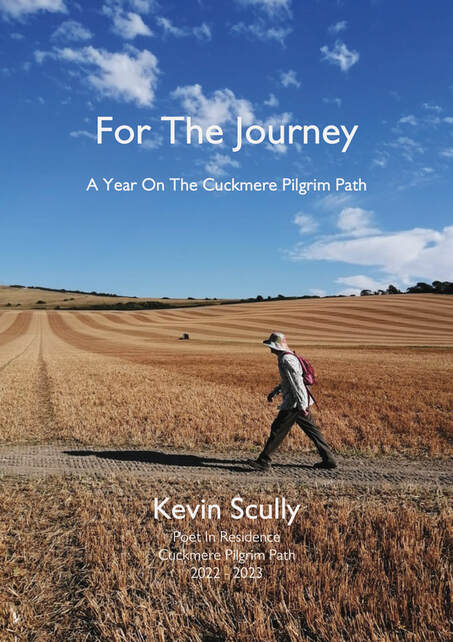
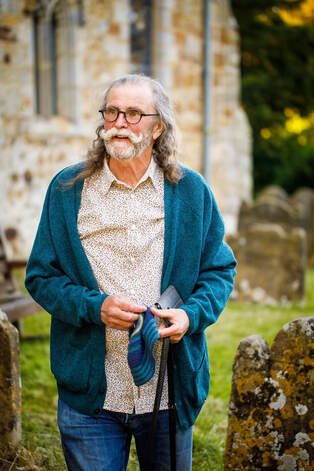
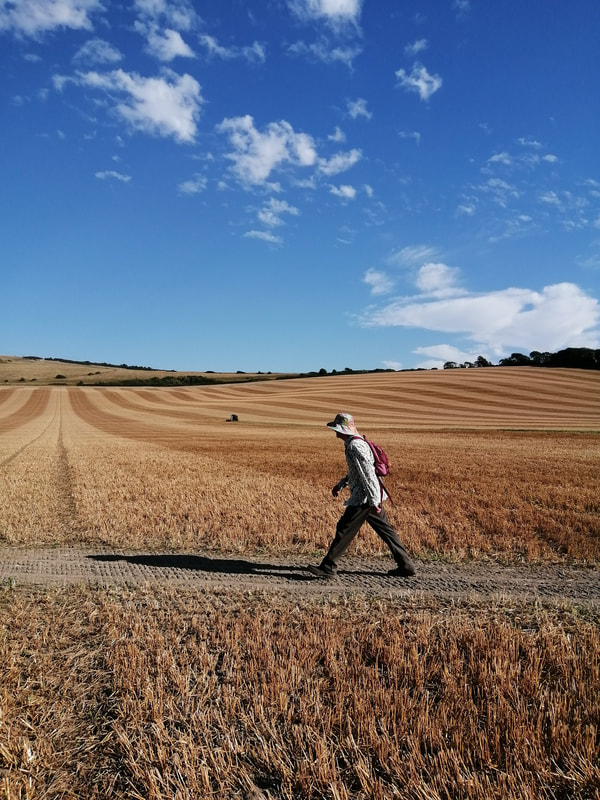
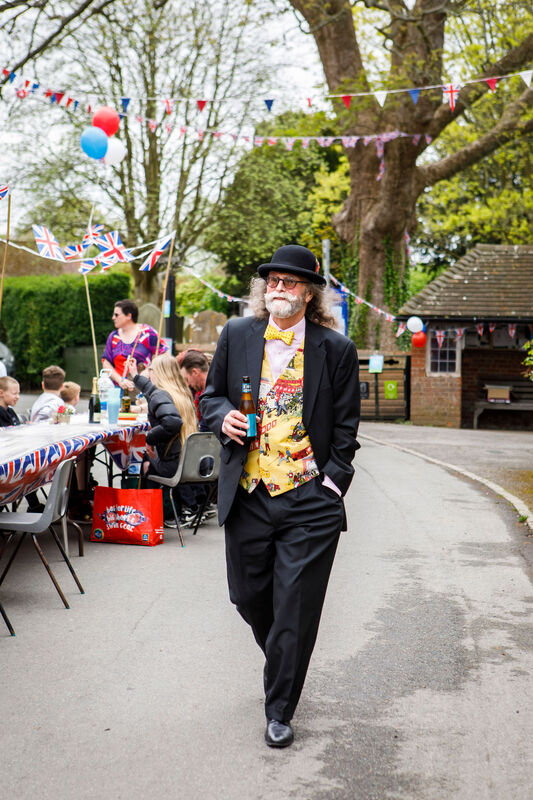
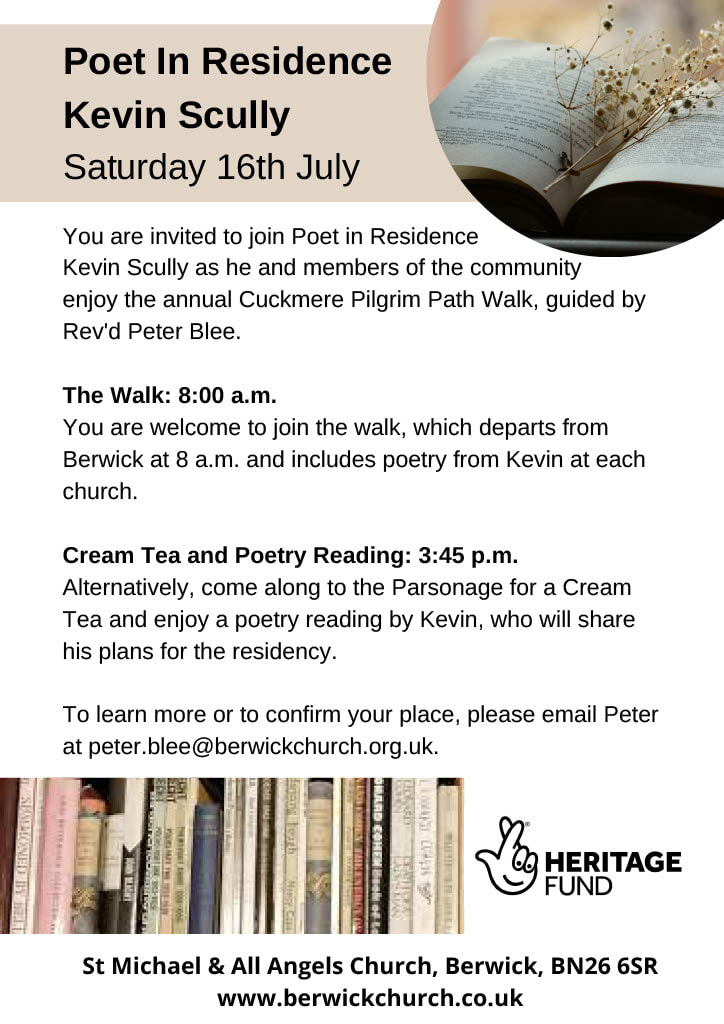

 RSS Feed
RSS Feed
